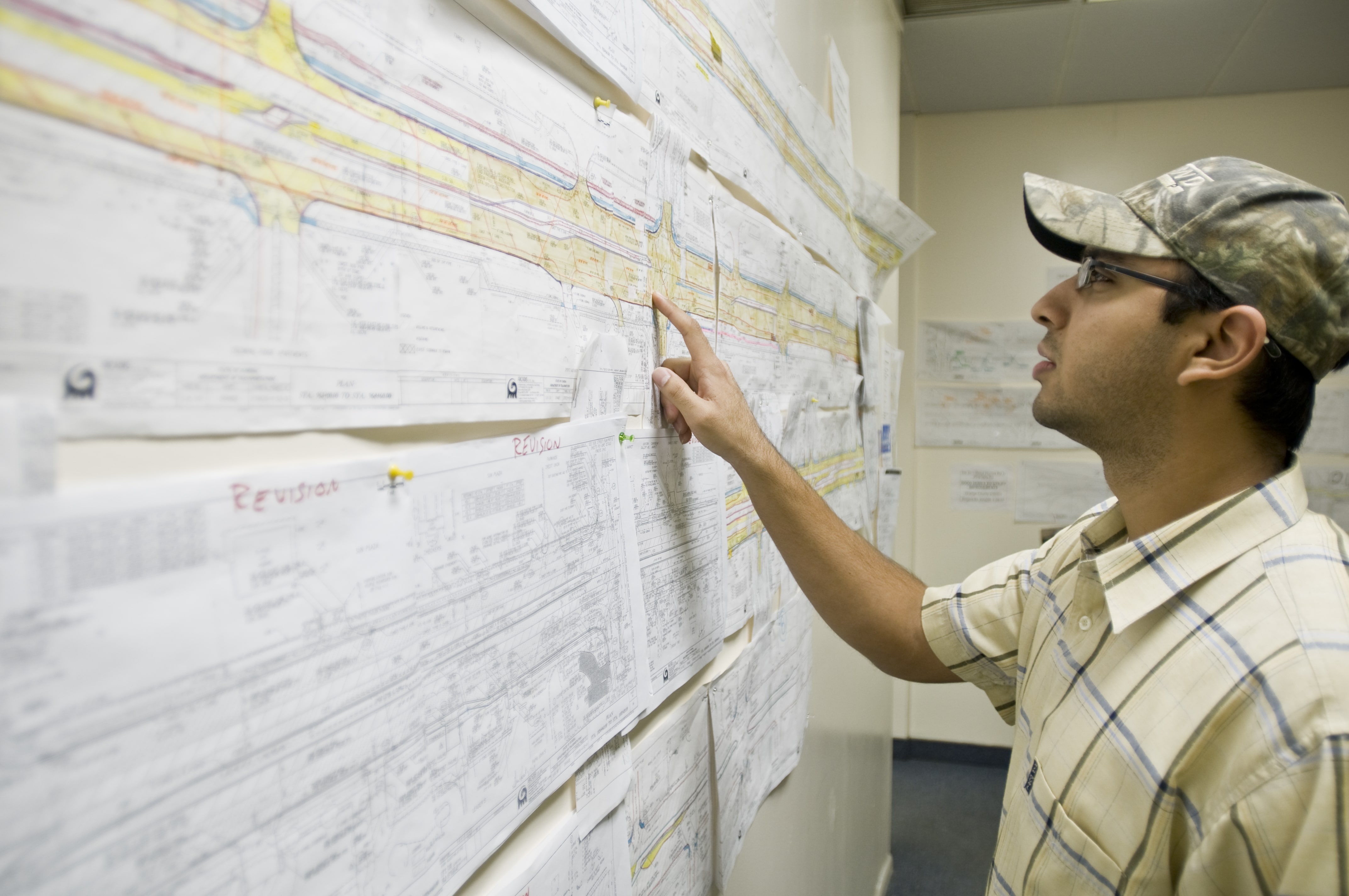Entitled, self-centered, lazy—Millennials, like most generations in the eyes of those that went before them, have been labeled pretty harshly as a group. That’s the case within the construction industry, which arguably has reason for doing so. With reports of national labor shortages routinely making headlines, and the average age of construction workers creeping higher every year (42.5 years old in 2020, according to the U.S. Department of Labor), the negative view of Millennials held by industry veterans is at least somewhat understandable. But is it justified?
It may come as a surprise to learn that in 2020, the age-range for Millennials is between 24 and 39 years old. That places older Millennials within four years of the average age of construction workers in the United States. On the opposite end, the very youngest Millennials are still old enough to have legally worked in the construction industry for six years. Within the overall age range of Millennials, there is the potential for all levels of work experience and industry knowledge.
This is an important fact to consider before rushing to judgement about the younger generation of construction professionals, or lamenting the future of the industry. Those supposedly lazy, entitled young people disparagingly known as Millennials already make up a substantial percent of our work force—close to 50% by some estimates. Truth be told, they’re bringing about some positive changes to our industry.
Below are FIVE “Millennial” characteristics worth embracing:
- Innovation:
Most industries are guilty of relying on the “that’s-just-how-we’ve-always-done-things” mindset, and ours is no exception. As a group, Millennials are more likely to approach old and outdated processes from a new angle, to develop innovative alternatives that improve performance. Not every new idea is viable, but the potential to find new solutions to old problems can be game-changing.
- Digital Know-How:
Millennials are by definition more tech-savvy than any preceding generation. Having come of age—most of them, at least—with home computers and internet access, they are naturally inclined toward digital processes that some older workers are not. This characteristic has streamlined processes both in the field and in the offices that are traditionally paper-driven. The result is greater efficiency, and reduced environmental impact.
- Company Loyalty:
Despite their reputation among many as job-hoppers, Millennials have demonstrated high levels of company loyalty. This shouldn’t be surprising, considering the era of consumer marketing in which they grew up. Workers in their 20s and 30s today are more likely to consider corporate values when searching for an employer, and often base job acceptance on company culture more than traditional points like salary and benefits.
- Communication:
Effective, open communication is essential to any team, and Millennials have a certain advantage in this area. Connection through digital devices and social media, although not without its pitfalls, can have a positive impact on daily operations. Younger workers are also more likely to communicate a concern or issue with their supervisor, instead of holding it in. Doing so can help create a healthier, and more productive, team environment.
- Global Responsibility:
Even smaller companies that operate locally fall under the influence of globalization. Through digital and social media, the younger generation of construction worker brings a high level of awareness of the global economic, environmental, and political issues facing our industry. Contractors hoping to remain competitive must embrace this perspective, however challenging it may seem. The future of our industry depends on it.


